During 5 days living with the primitive Mundari tribe in South Sudan , Vietnamese tourists witnessed many unusual things such as bathing and drinking cow urine.
In October, Noah Nguyen (Itchy Feet Again) traveled to South Sudan, a country that gained independence in 2011 after decades of ethnic conflict, on a trip around Africa. He visited tribes like Lotuko, where people used to live in caves, and Toposa, where people live on gold mines, wearing gold and silver from head to toe. In particular, Noah spent 5 days living with the Mundari tribe and was constantly surprised by their way of life.
The Mundari are one of the indigenous ethnic groups in the Nile Valley, living a primitive life, close to nature. There are currently about 100,000 Mundari people living in South Sudan, mainly in northern Juba, about 75 km from the capital of this country.
Noah arrived at a Mundari village on the last days of his journey in South Sudan. The houses were made from a single piece of wood, with thatched roofs, mud walls, and wooden frames. The smell of smoke from burning grass and coconut leaves was said to ward off “snakes and insects,” according to the villagers.
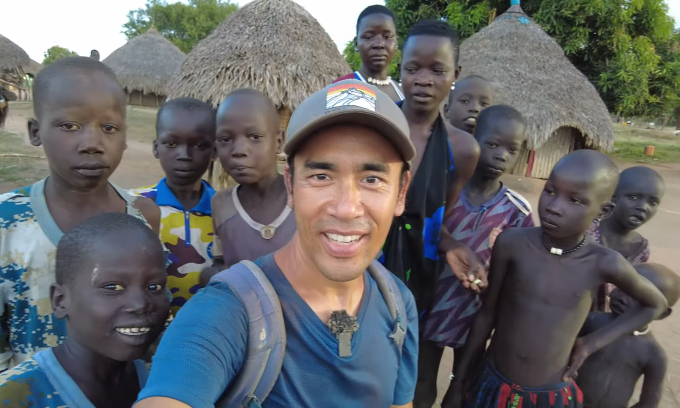
Noah takes a photo with Mundari tribe children. Photo: Itchy Feet Again
On the morning of the third day, Noah witnessed a Mundari wedding. The bride had to stay in a small house and was not allowed to leave until the officials from both sides had returned. Notably, the groom did not appear because he was "busy tending cows" and was told that he would return to the village in two days.
Normally, the bride was not allowed to see anyone, but a guest from afar like Noah was an exception. He was allowed to see the bride before the groom. During the conversation, the bride revealed that she was "worth" 80 cows, a higher number than the average. To the Mundari, cows were the most important thing and all values could be converted to cows.
"The number of cows depends on the woman. Short women deserve fewer cows, tall women more. Anyone without cows will never get married," a man who said he paid 35 cows for his wife told Noah.
During this time, Noah came to a pasture with thousands of white cattle like Ankole Watusi with giant horns, known as the "king of cattle".
The Mundari usually stay on one pasture for two to three months. When the grass runs out, they move their cattle to another, more dense pasture.
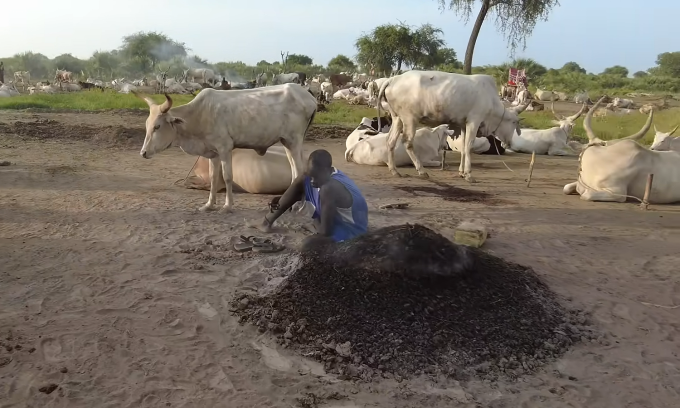
A man sits next to a pile of ashes burned with cow dung. Photo: Lai Nguu Chan
In the mornings, children would scoop up cow dung to clean up the grazing area. The dung was then burned to “keep away insects.” The ashes could also be plastered on people, providing insulation on hot days.
The grazing grounds are often far from villages and water is scarce, so the Mundari people often use cow urine as a source of drinking water. In one corner of the grazing ground, a man pours cow urine over his head. In another corner, a man sticks his head directly into a urinating cow and uses his hands to catch the urine to wash his face and hair, refreshingly.
A little further on, a man was drinking a bottle of cow urine, who said it tasted salty. "We even wash our baby bottles with cow urine," he said, claiming that cow urine is a "miracle cure for skin diseases."
Cows are also closely linked to the Mundari people’s lives through their milk. Since childhood, they have drunk milk directly from the cow’s udder. Occasionally, they also milk into water bottles to take to the market to exchange for rice to cook porridge.
In return for the cows’ blessings, the Mundari people apply a mixture of ash and urine to the cows in the morning, then gently massage them. This helps the cows relax and “produce better quality milk and meat.”
Drinking milk directly or bathing in cow urine were not the strangest images Noah witnessed. To stimulate cows to produce more milk before milking, the Mundari also put their faces into the cow's anus to "blow air". Each blowing session can last up to 4 minutes, and when one person gets tired, another person will take over. According to the Mundari, "blowing air" also has the effect of making abandoned cows accept their calves back.
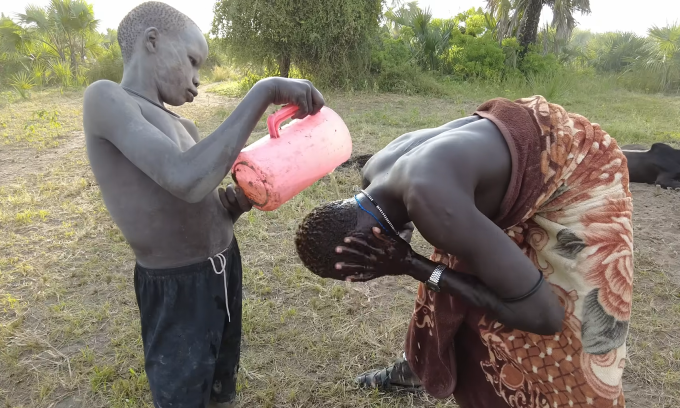
Two Mundari people bathe in cow urine contained in plastic cans. Photo: Itchy Feet Again
After five days with the Mundari tribe and returning to normal life, Noah still imagined the smell of burnt grass mixed with cow dung or the smell of plastic bottles containing urine. Their "naked" life became an unforgettable part of Noah's journey to conquer lands that few people have set foot on.
Tu Nguyen
Source link



![[Photo] Immerse yourself in the colorful musical world of “Secret Garden Live in Vietnam”](https://vphoto.vietnam.vn/thumb/1200x675/vietnam/resource/IMAGE/2025/10/18/1760805978427_ndo_br_thiet-ke-chua-co-ten-41-png.webp)
![[Photo] Collecting waste, sowing green seeds](https://vphoto.vietnam.vn/thumb/1200x675/vietnam/resource/IMAGE/2025/10/18/1760786475497_ndo_br_1-jpg.webp)
![[Photo] General Secretary To Lam attends the 95th Anniversary of the Party Central Office's Traditional Day](https://vphoto.vietnam.vn/thumb/1200x675/vietnam/resource/IMAGE/2025/10/18/1760784671836_a1-bnd-4476-1940-jpg.webp)
![[Photo] Closing ceremony of the 18th Congress of Hanoi Party Committee](https://vphoto.vietnam.vn/thumb/1200x675/vietnam/resource/IMAGE/2025/10/17/1760704850107_ndo_br_1-jpg.webp)
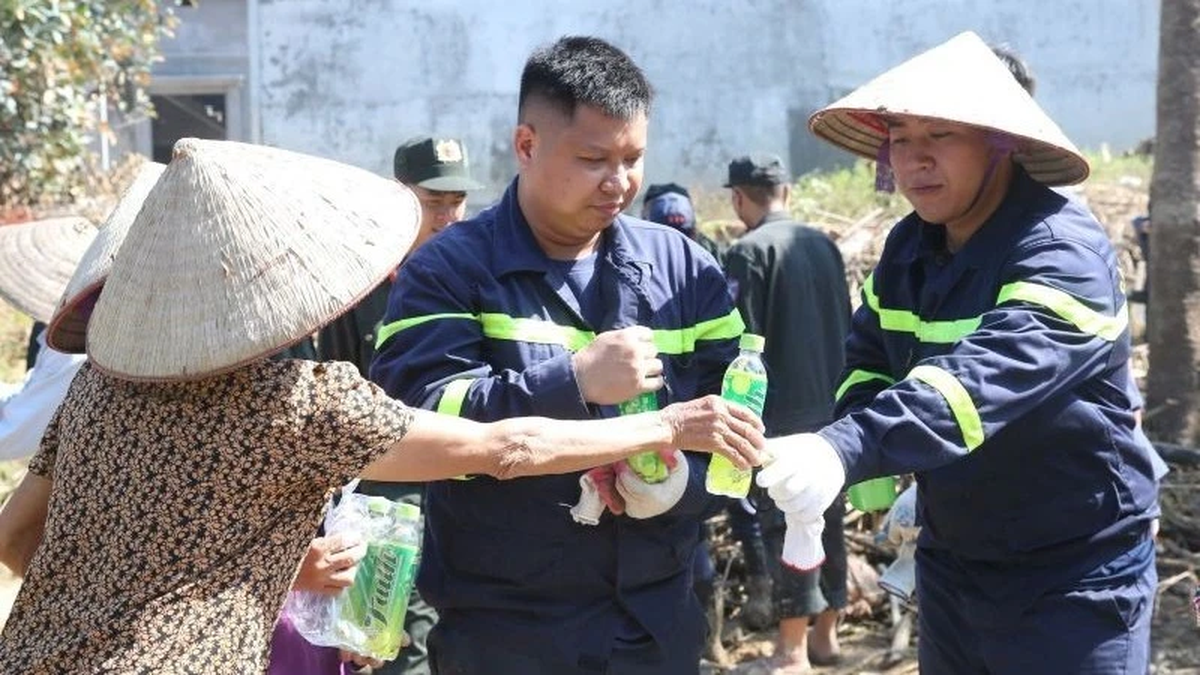




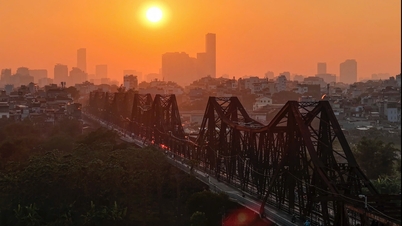

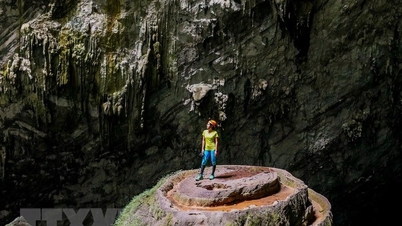

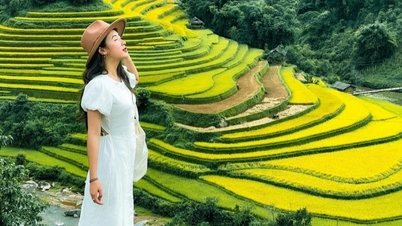

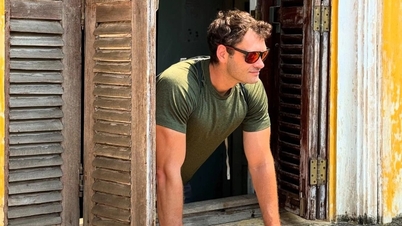
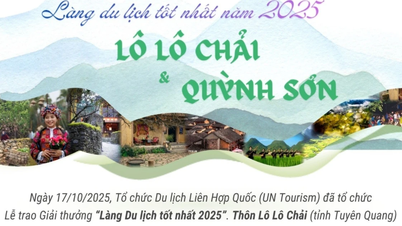
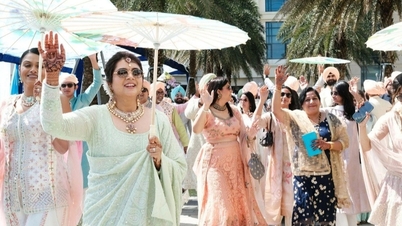

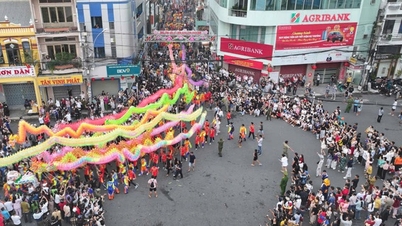

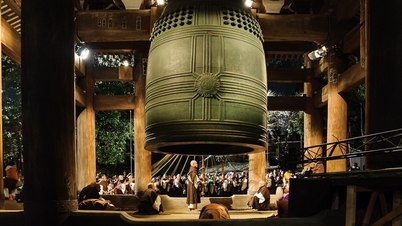


























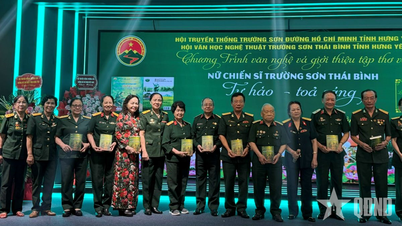















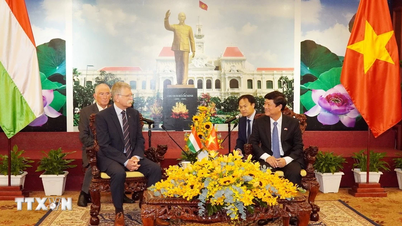


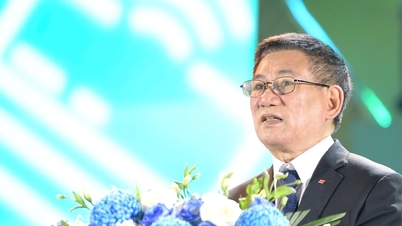













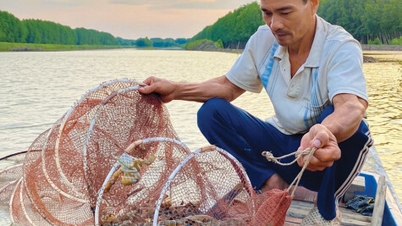


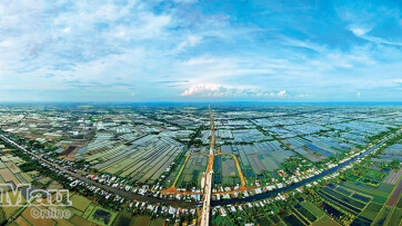
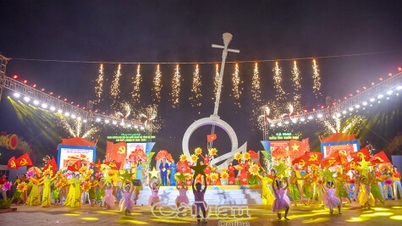













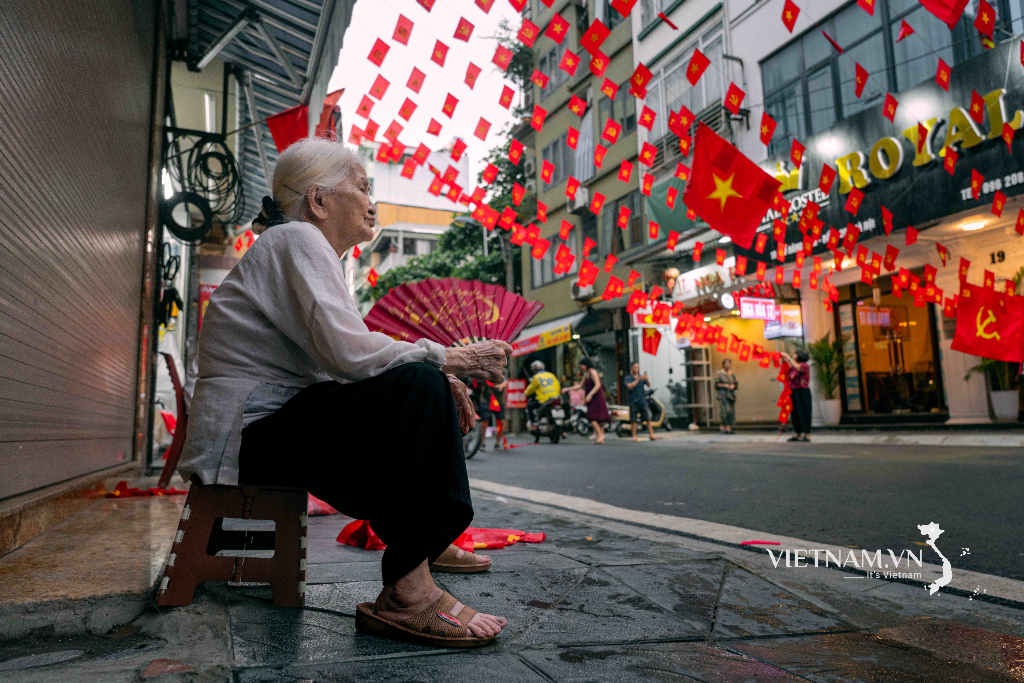


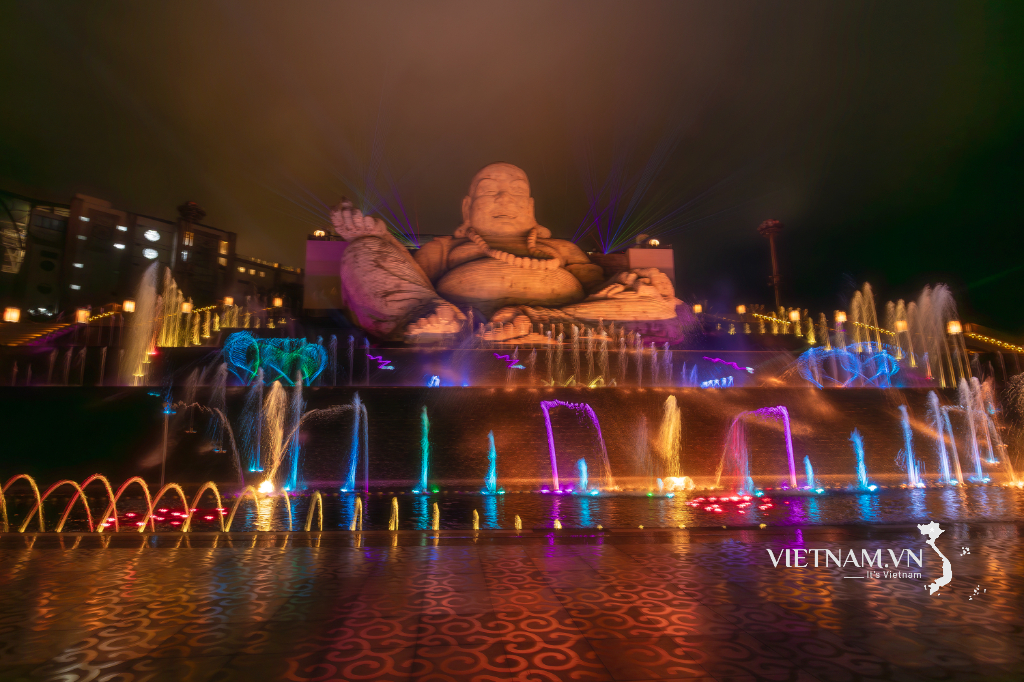
Comment (0)